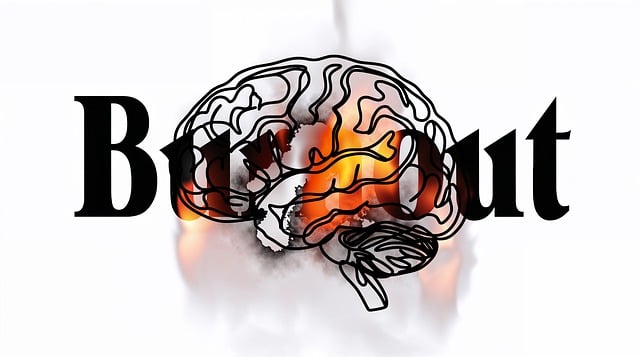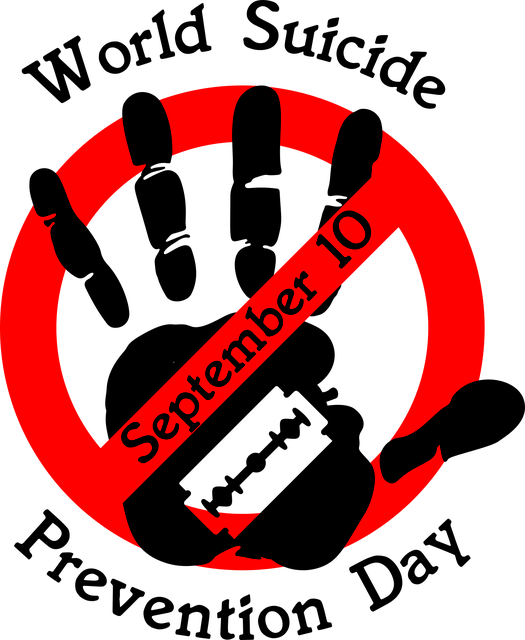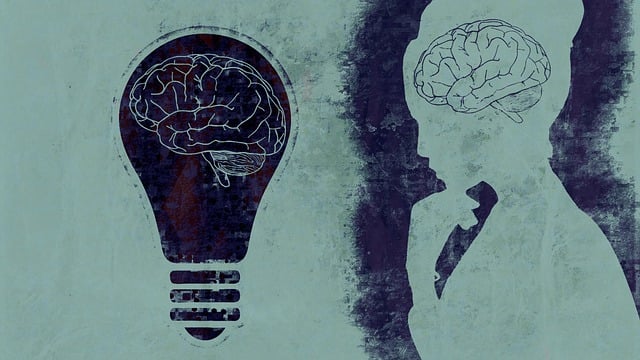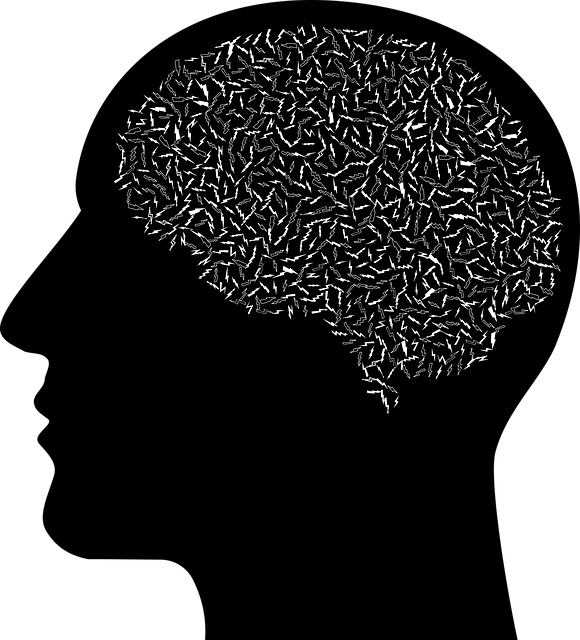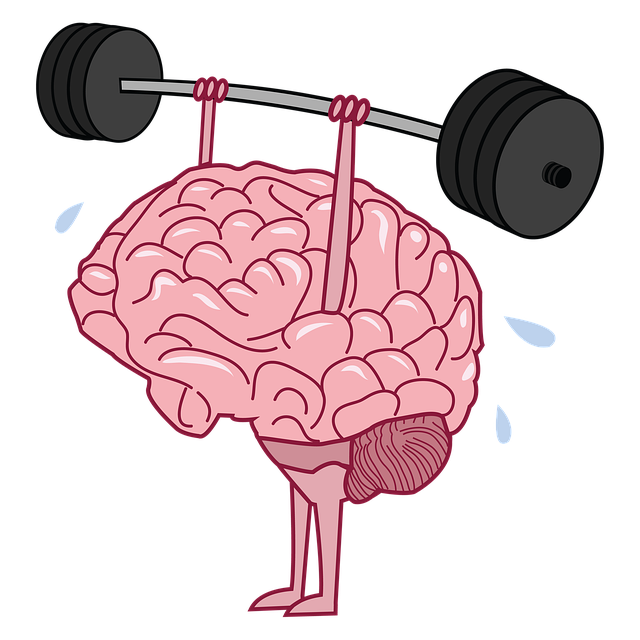Mental wellness groups in Louisville, focused on Conduct Disorder Therapy, provide a supportive setting for individuals facing similar challenges. Facilitators play a vital role by creating safe spaces, understanding group dynamics, fostering inclusivity and encouraging active participation. Techniques like Burnout Prevention, Mental Illness Stigma Reduction, Stress Reduction Methods and risk assessment ensure members build resilience, cultivate hope and form meaningful connections, improving mental wellness and quality of life. Skilled facilitators navigate challenges through strategies including active listening, structured agenda planning, validation, encouragement and empathy building, transforming groups into supportive communities that enhance coping skills and foster lasting connections. Evaluating success involves diverse techniques focusing on behavioral improvements, emotional intelligence and trauma resilience, integrating Emotional Intelligence principles for enhanced group cohesion and therapy effectiveness.
“Uncover powerful facilitation techniques for enhancing mental wellness in Louisville Conduct Disorder Therapy groups. This comprehensive guide explores the fundamentals of group dynamics, offering strategies to foster connection and engagement among participants. From understanding group therapy’s impact to navigating challenges and measuring success, each section provides valuable insights tailored to Louisville’s unique context. Discover how these techniques revolutionize conduct disorder treatment, ensuring positive outcomes for individuals seeking support.”
- Understanding Mental Wellness Groups: A Foundation for Facilitation
- Techniques to Foster Connection and Engagement in Louisville Conduct Disorder Therapy Groups
- Navigating Challenges: Strategies for Effective Group Leadership
- Measuring Success: Evaluation Techniques for Louisville Conduct Disorder Therapy Groups
Understanding Mental Wellness Groups: A Foundation for Facilitation

Mental wellness groups serve as dynamic spaces where individuals with shared experiences or challenges come together to support one another and learn coping strategies. Facilitating such groups requires a deep understanding of both mental health principles and group dynamics. For instance, in Louisville Conduct Disorder Therapy contexts, facilitators play a pivotal role in creating a safe haven for participants to express their struggles openly without fear of judgment.
Effective facilitation involves fostering an inclusive environment that encourages active participation, validates diverse perspectives, and promotes emotional well-being promotion techniques. By employing strategies like Burnout Prevention measures and Mental Illness Stigma Reduction Efforts, facilitators can help group members build resilience, cultivate hope, and develop meaningful connections, ultimately enhancing their overall mental wellness and quality of life.
Techniques to Foster Connection and Engagement in Louisville Conduct Disorder Therapy Groups

In Louisville Conduct Disorder Therapy groups, fostering connection and engagement is paramount to successful treatment. Techniques like active listening and open-ended questioning encourage participants to share their experiences and feelings, building trust and camaraderie. Facilitators should create a safe, non-judgmental environment where every voice is valued, promoting positive thinking and peer support. Using interactive activities and group discussions allows for the exploration of diverse perspectives, helping individuals with conduct disorders learn from one another. This inclusive approach not only enhances social skills but also fosters a sense of belonging, crucial for long-term recovery.
Additionally, integrating Stress Reduction Methods can significantly benefit Louisville Conduct Disorder Therapy groups. Mindfulness exercises, breathing techniques, and relaxation strategies teach participants to manage anger and impulsivity, reducing disruptive behaviors. These methods empower individuals with tools to navigate challenging situations, promoting better emotional regulation and overall mental wellness. A comprehensive risk assessment for Mental Health Professionals is essential to ensure the safety of both facilitators and group members, allowing for effective intervention while mitigating potential risks inherent in working with this population.
Navigating Challenges: Strategies for Effective Group Leadership

Navigating Challenges in group facilitation is an art that Louisville Conduct Disorder Therapy practitioners must master to ensure every session yields positive outcomes for members’ mental wellness. Effective leadership involves creating a safe, non-judgmental space where individuals feel empowered to share their experiences and support one another. This process demands adaptability; therapists must be prepared to adjust strategies on the fly, addressing unexpected issues like off-topic discussions or emotional escalations with grace and composure.
Utilizing techniques such as active listening, reflective summarization, and structured agenda planning helps keep sessions focused and productive. Boosting participants’ confidence through validation and encouragement fosters open communication and encourages them to engage actively in stress management techniques. Ultimately, a well-led group can transform into a supportive community, where members learn valuable coping skills, enhance their mental wellness, and develop lasting connections, even when facing challenging topics.
Measuring Success: Evaluation Techniques for Louisville Conduct Disorder Therapy Groups

Evaluating the success of Louisville Conduct Disorder Therapy groups is a multifaceted process that goes beyond mere attendance or behavior observation. To truly gauge progress, facilitators should employ diverse evaluation techniques tailored to address the complex needs of participants. This involves not only assessing improvements in behavioral patterns but also gauging emotional intelligence and trauma resilience.
Empathy Building Strategies play a crucial role in these evaluations, fostering open communication and allowing facilitators to understand individual challenges and victories. By integrating Emotional Intelligence principles, therapy groups can create a safe space where members feel validated and supported. This approach not only strengthens group cohesion but also facilitates deeper exploration of personal experiences, thereby enhancing the overall effectiveness of Louisville Conduct Disorder Therapy.
Mental wellness group facilitation is a powerful tool in enhancing the therapeutic journey, especially for individuals dealing with challenges like Louisville Conduct Disorder Therapy. By implementing techniques that foster connection and engagement, facilitators can create a safe and supportive environment, leading to better outcomes. Navigating potential challenges requires strategic leadership and a deep understanding of the group’s dynamics. Through evaluation techniques, facilitators can measure success and adapt their approach accordingly, ensuring each member receives the best possible support in their mental wellness journey.




